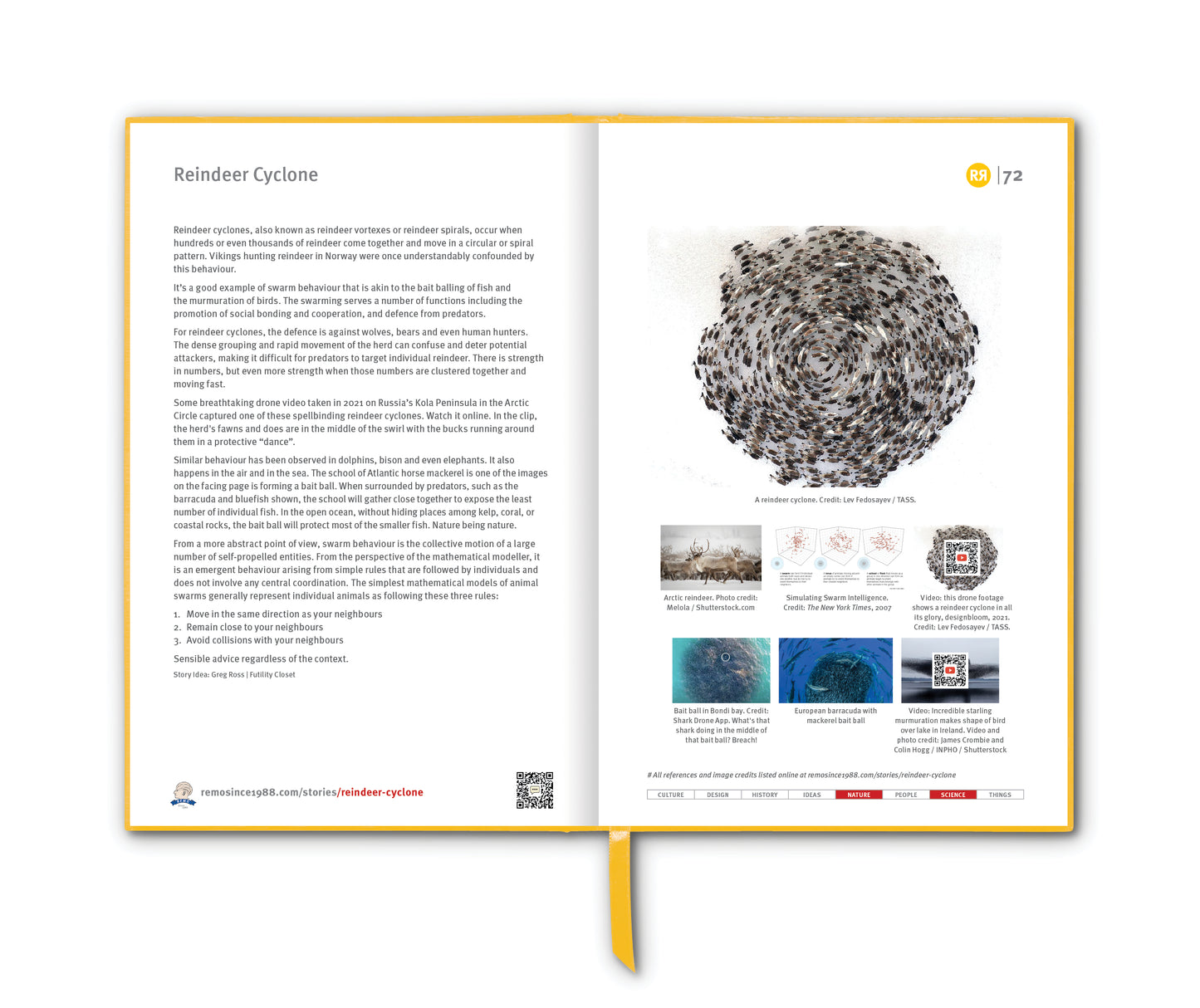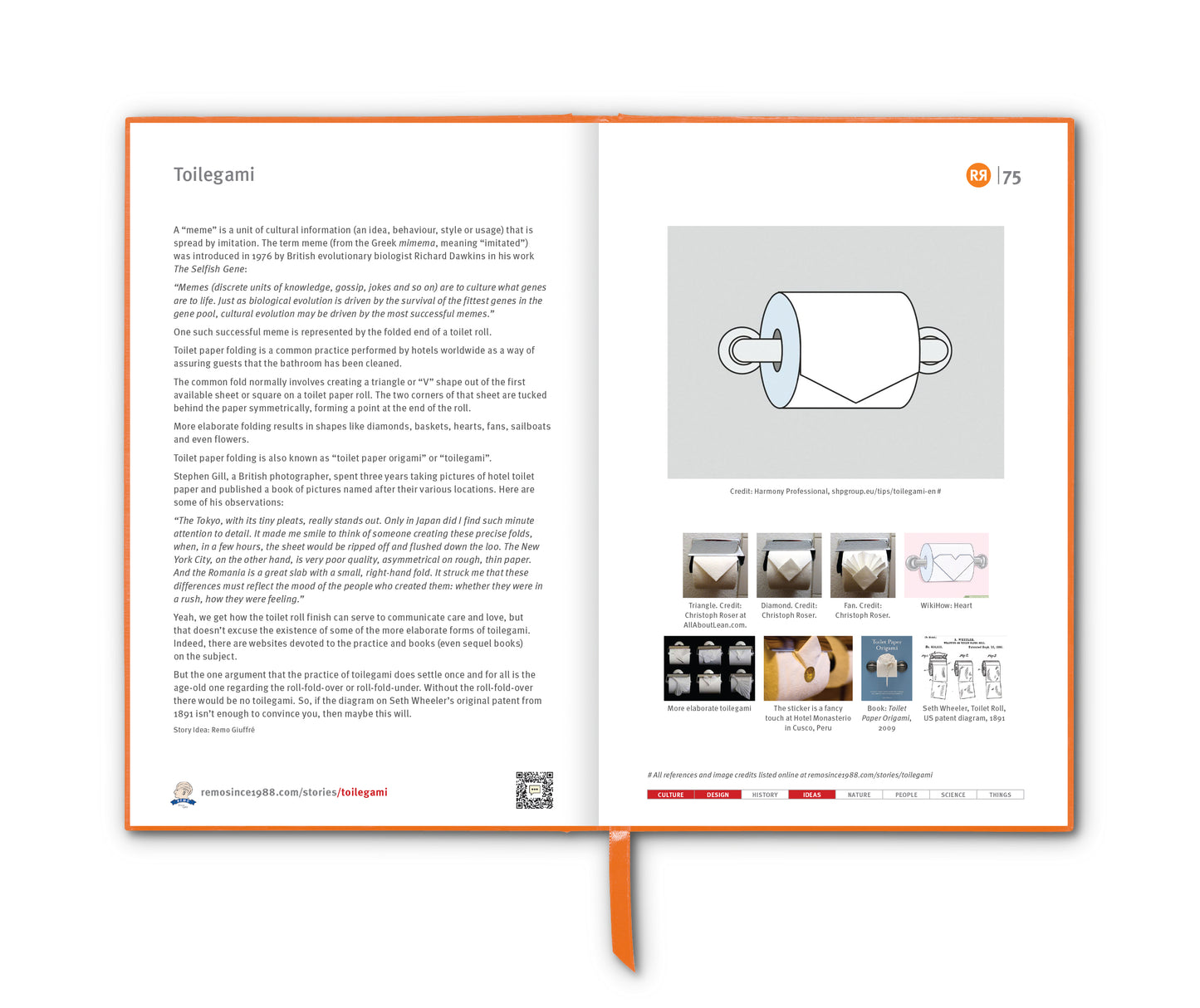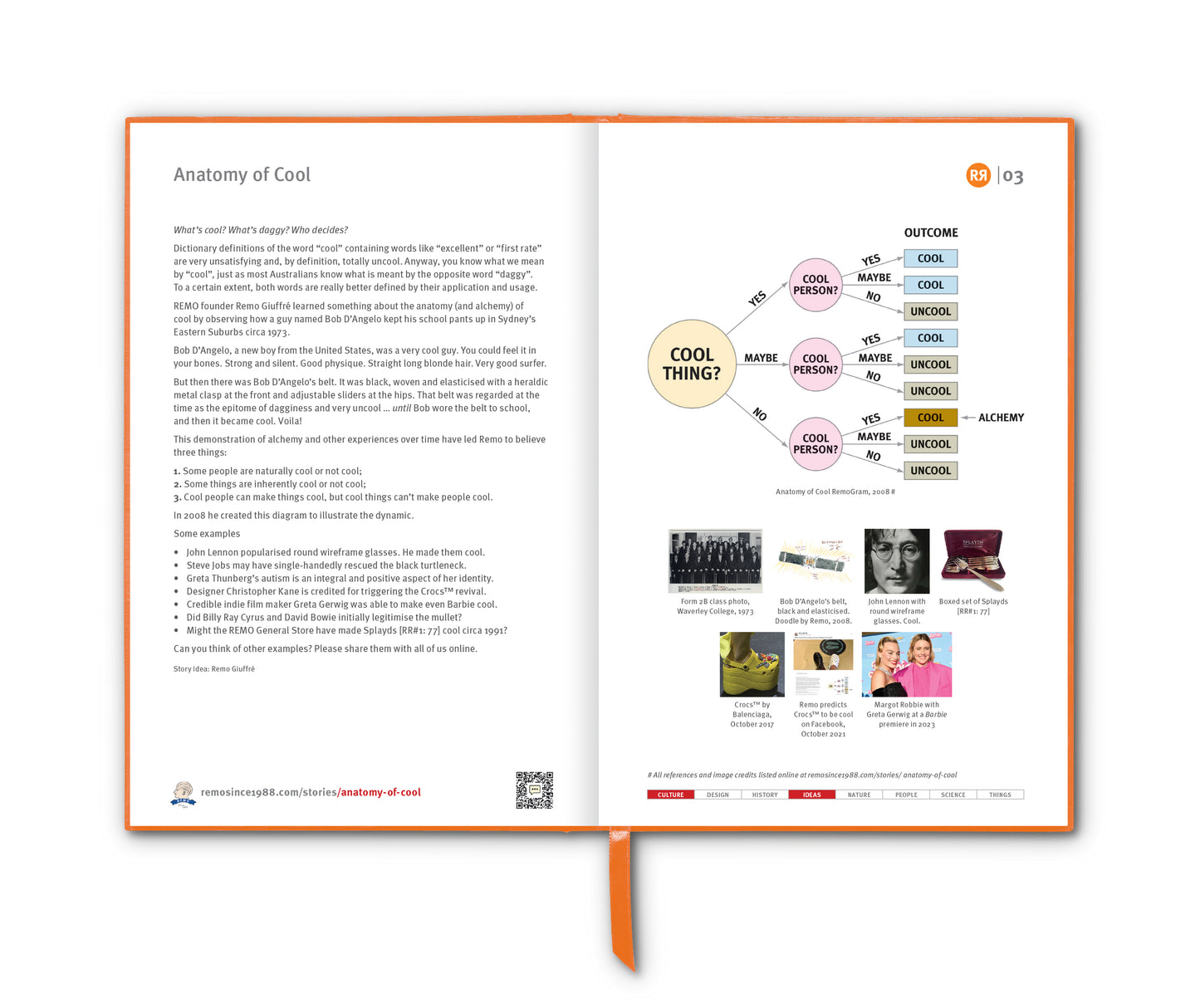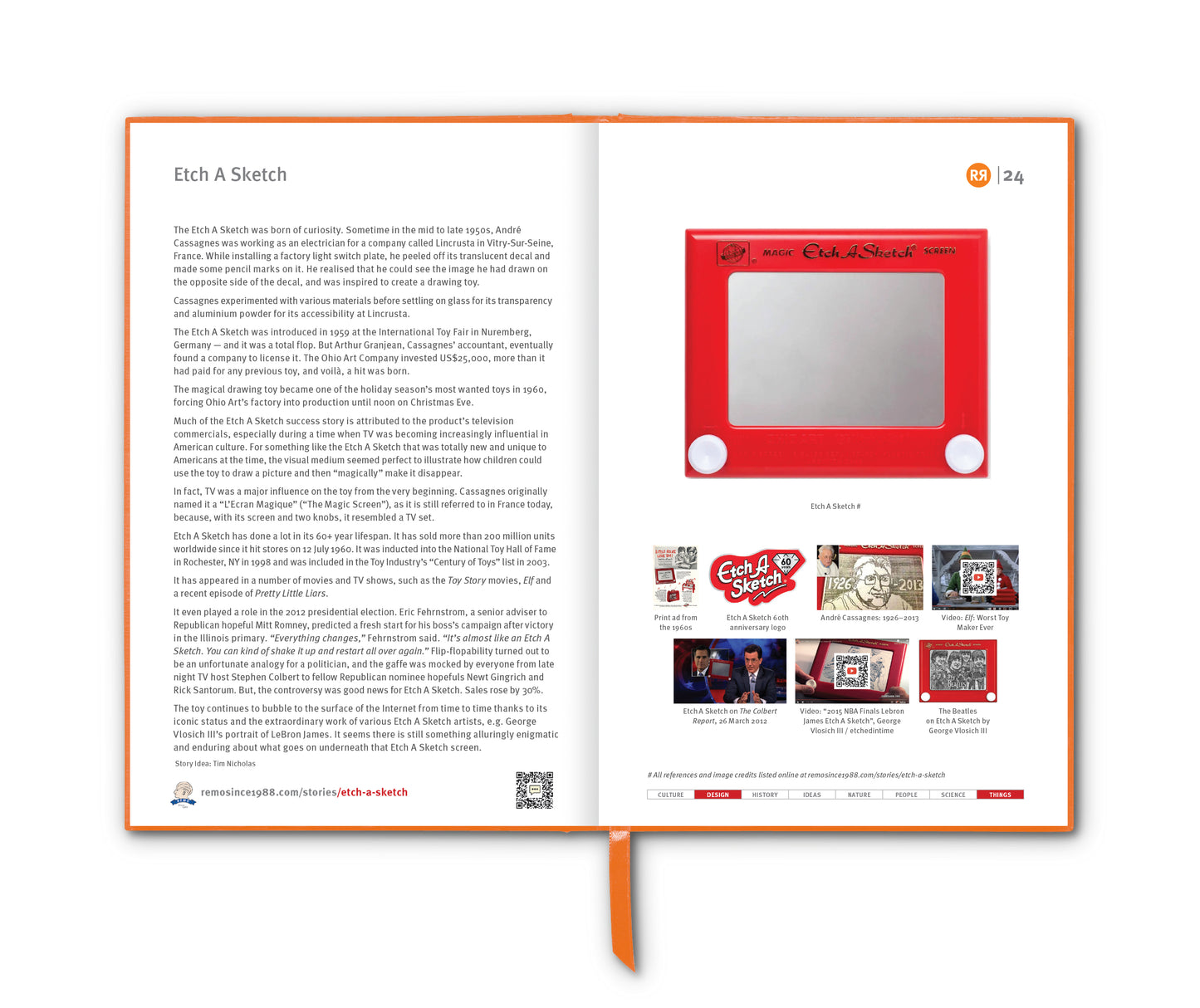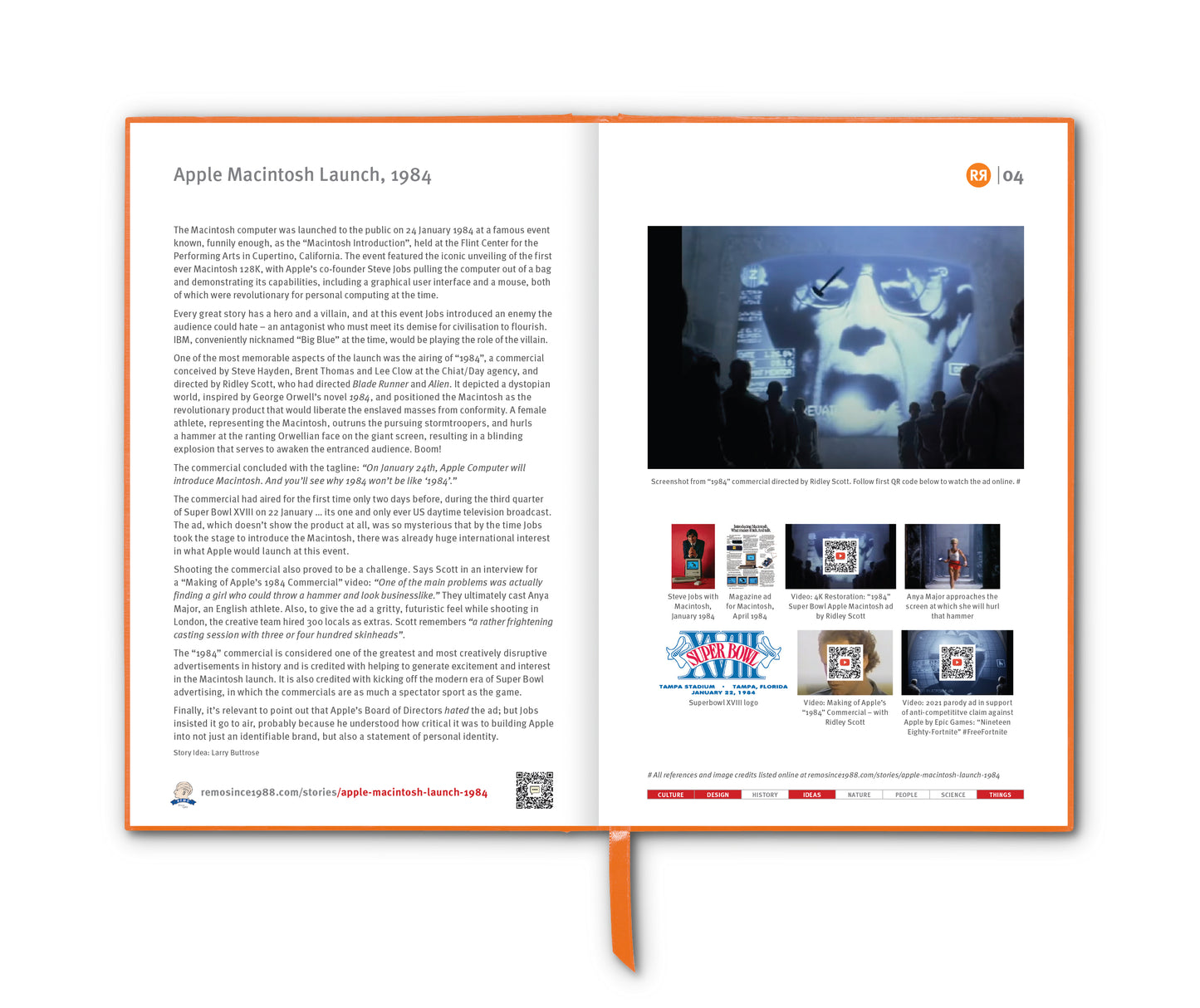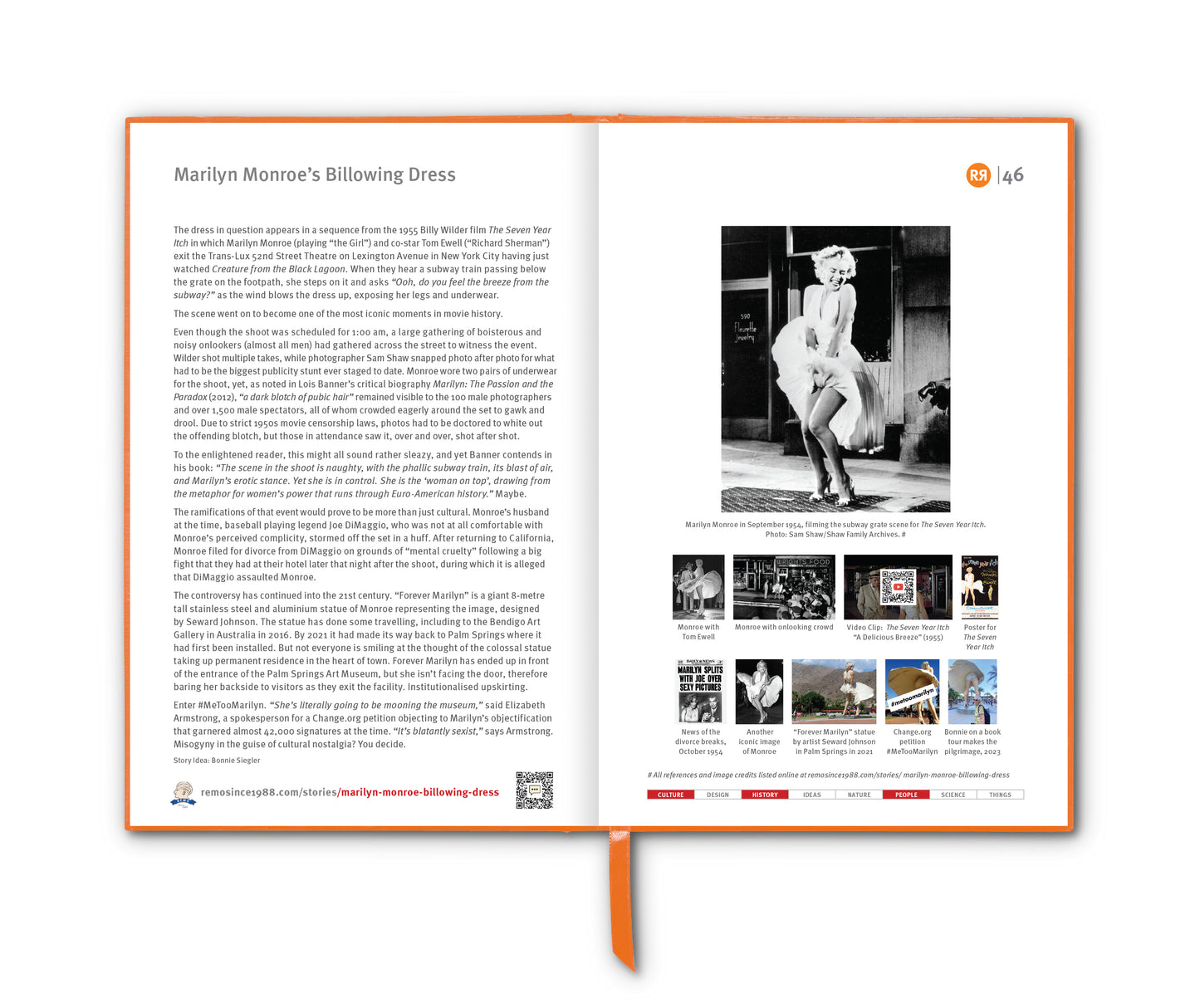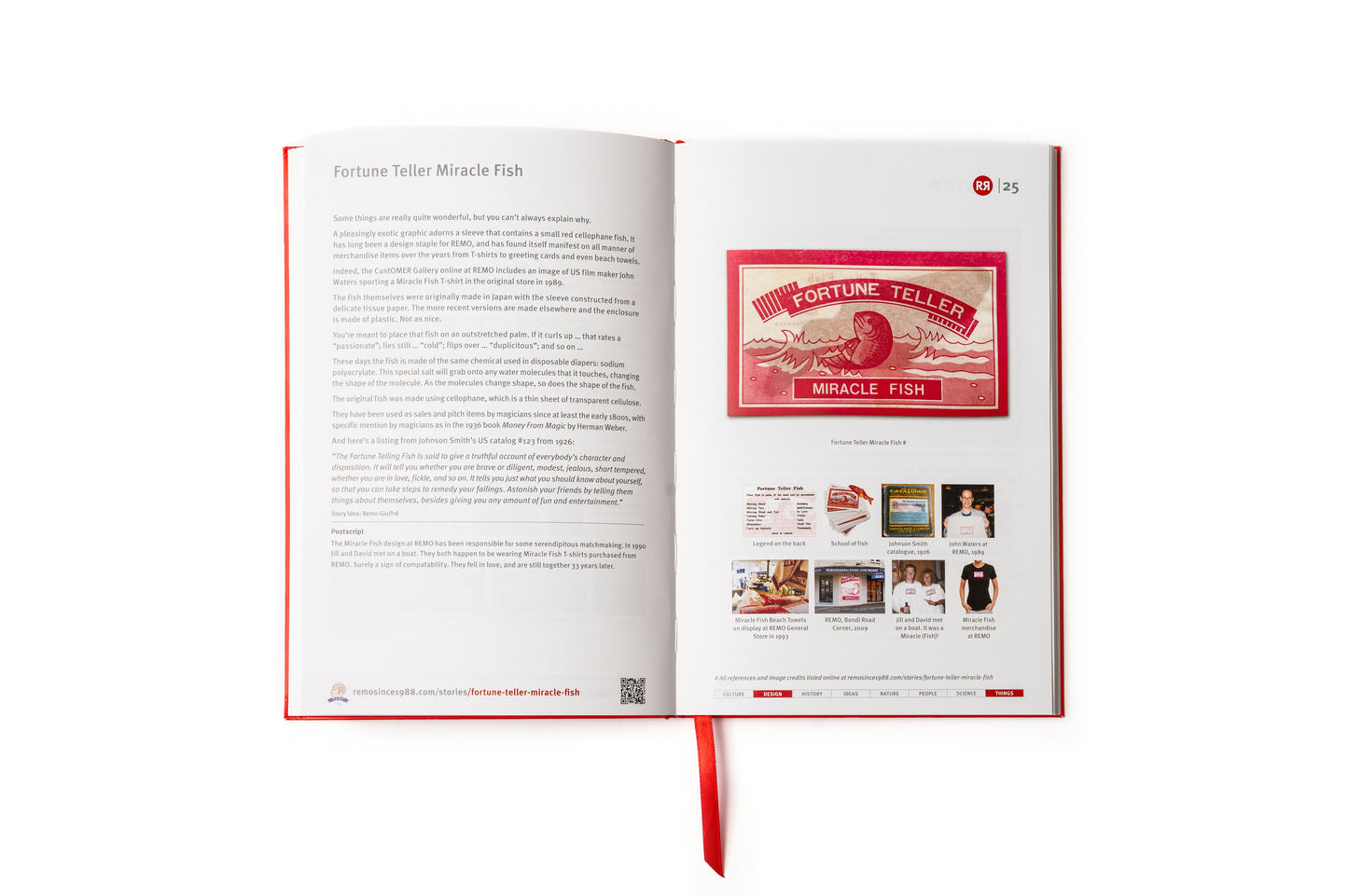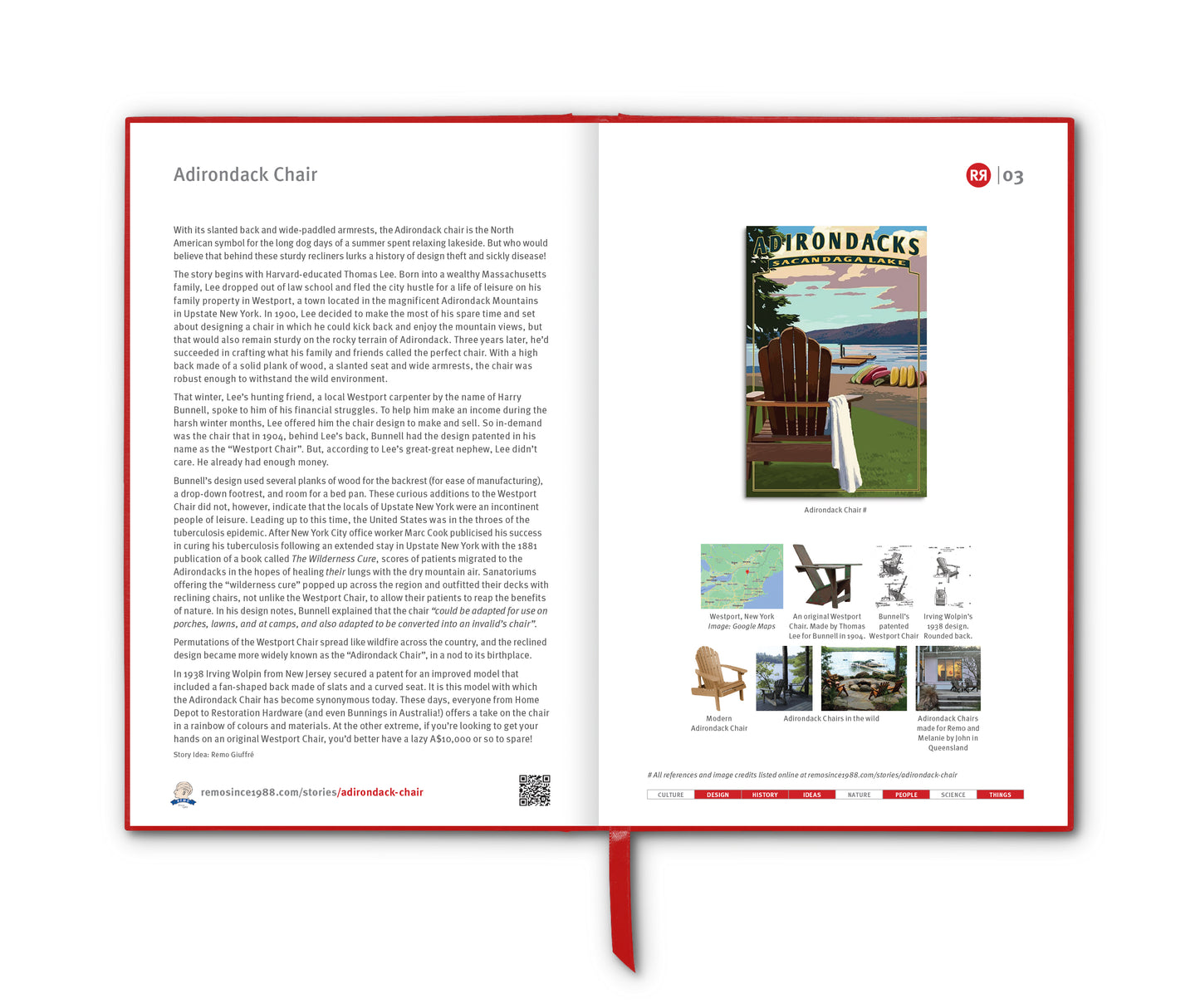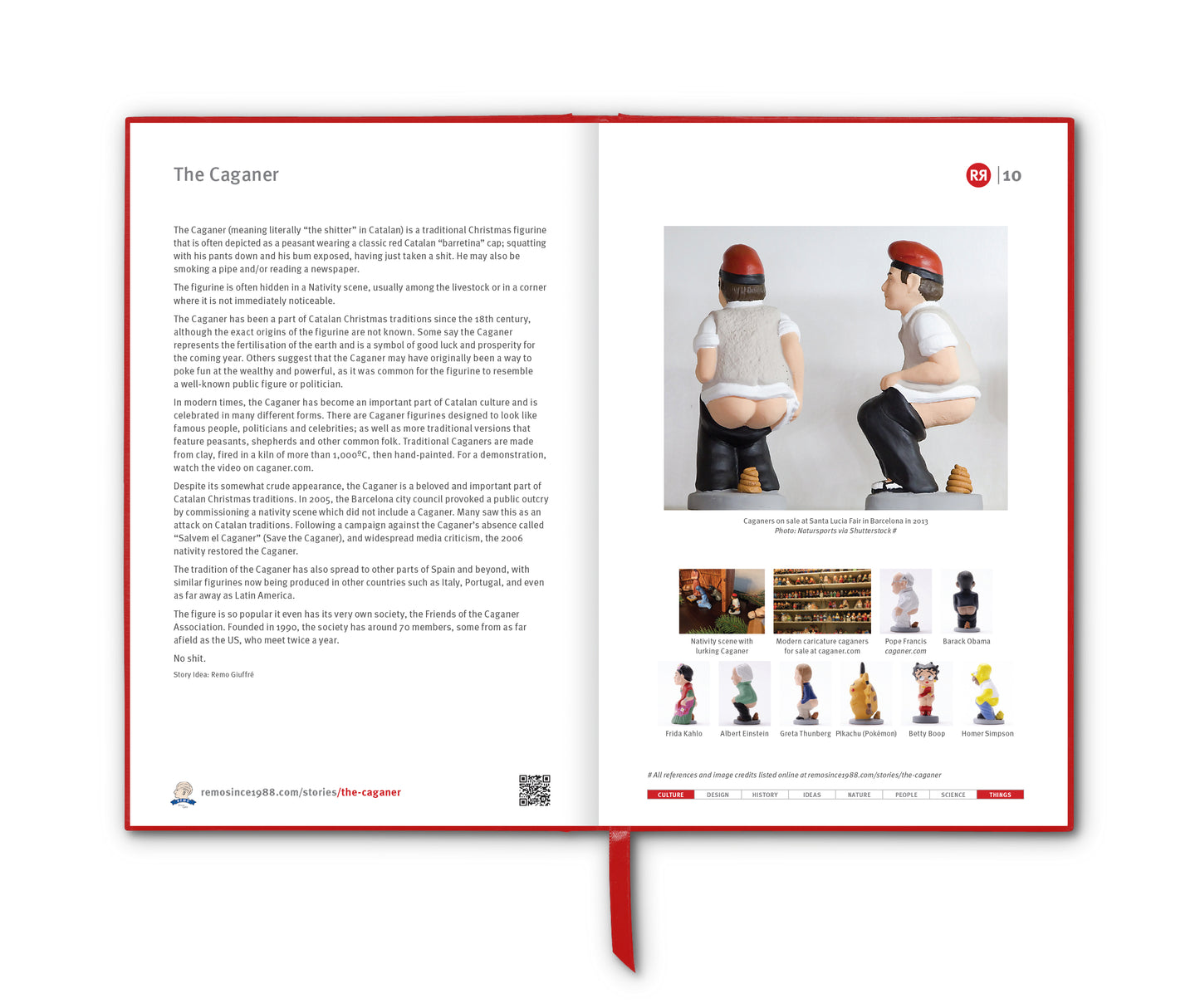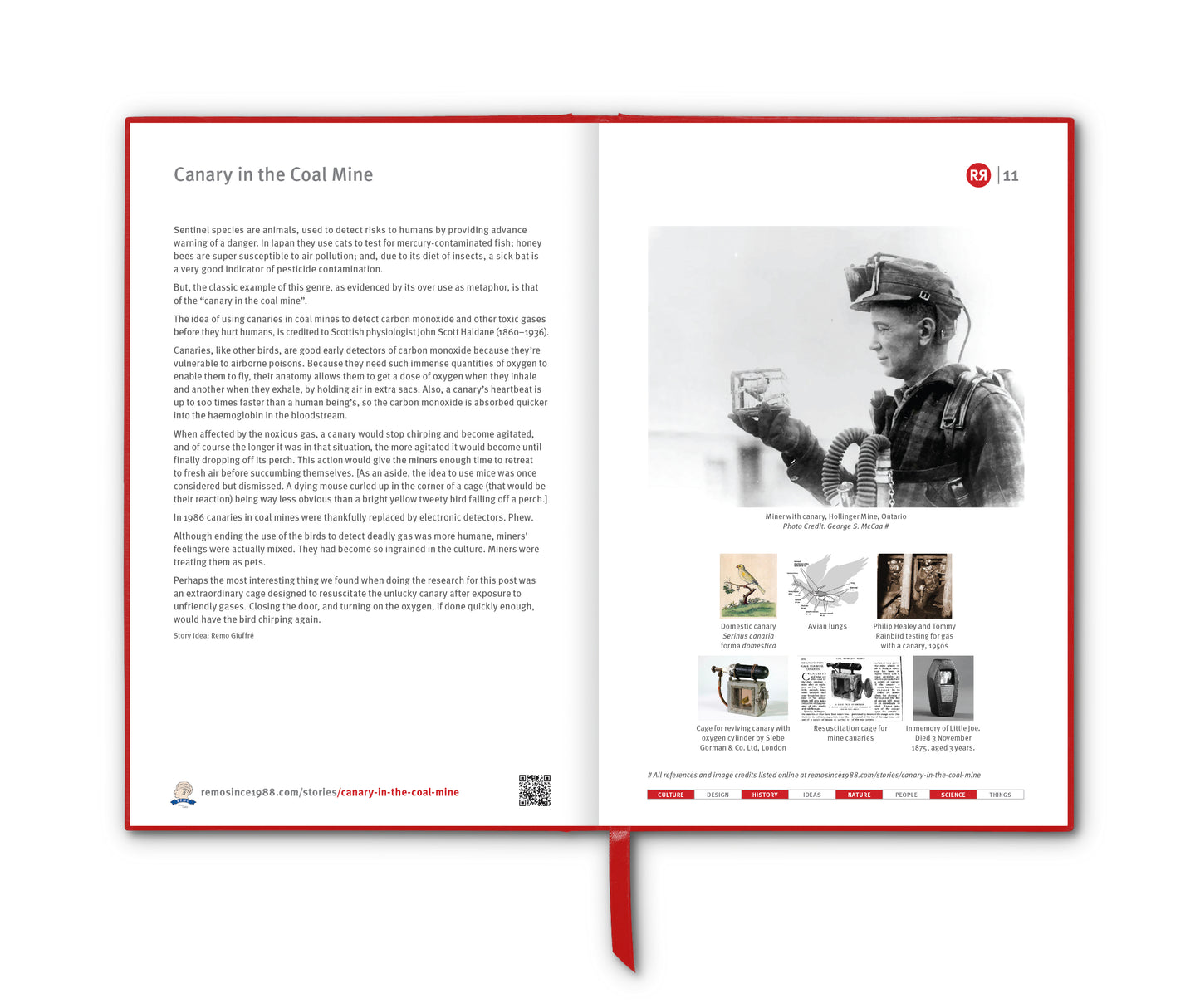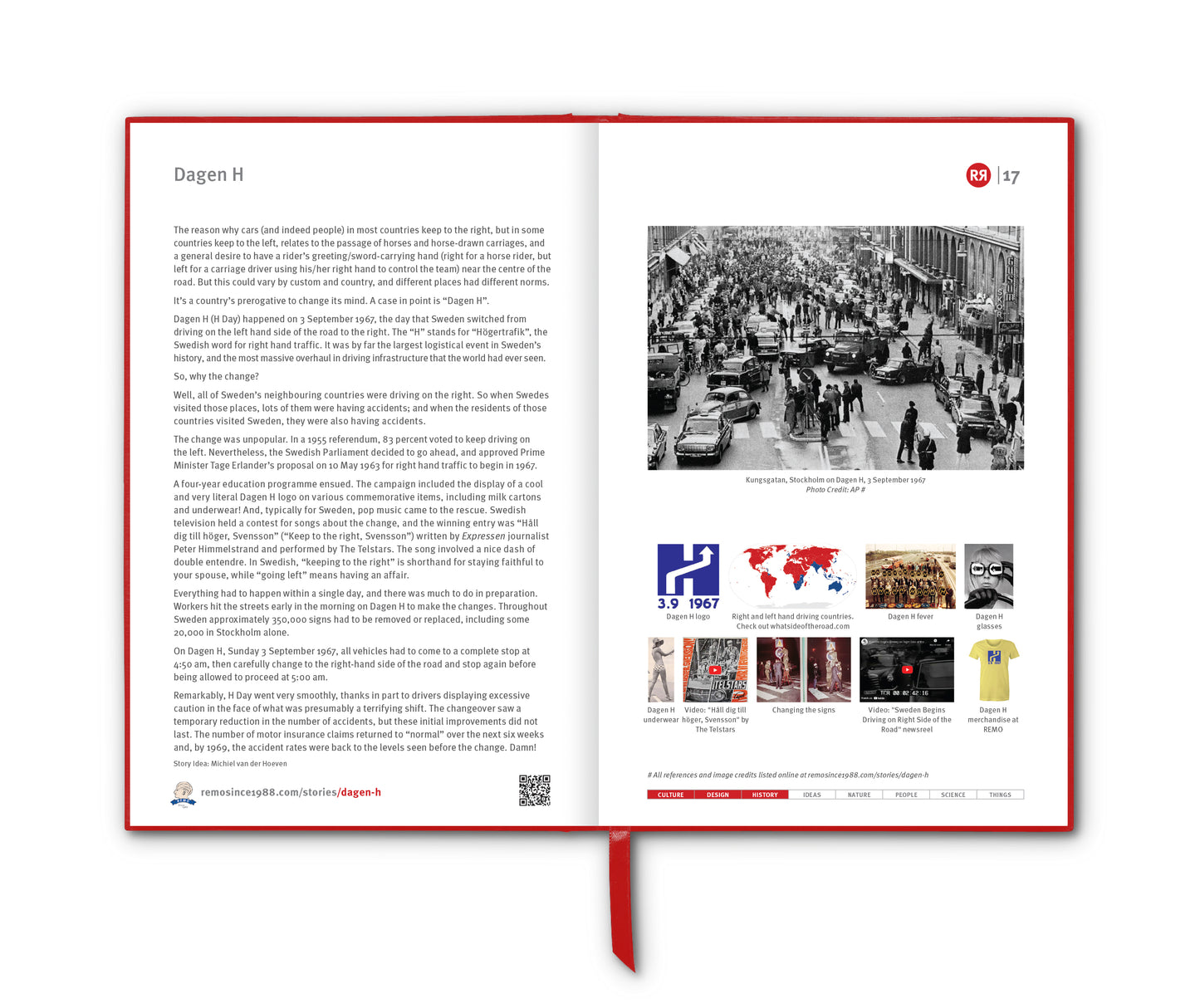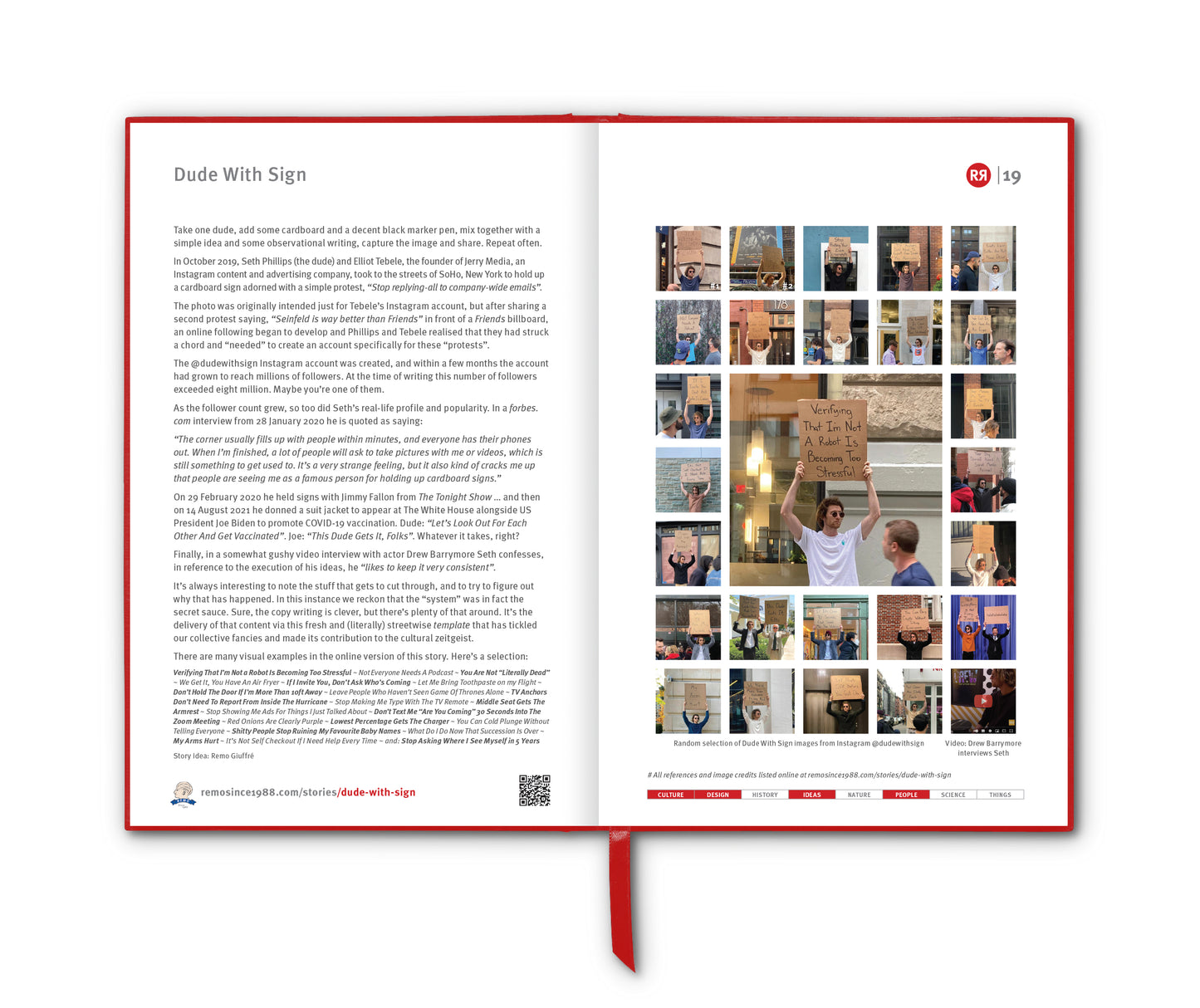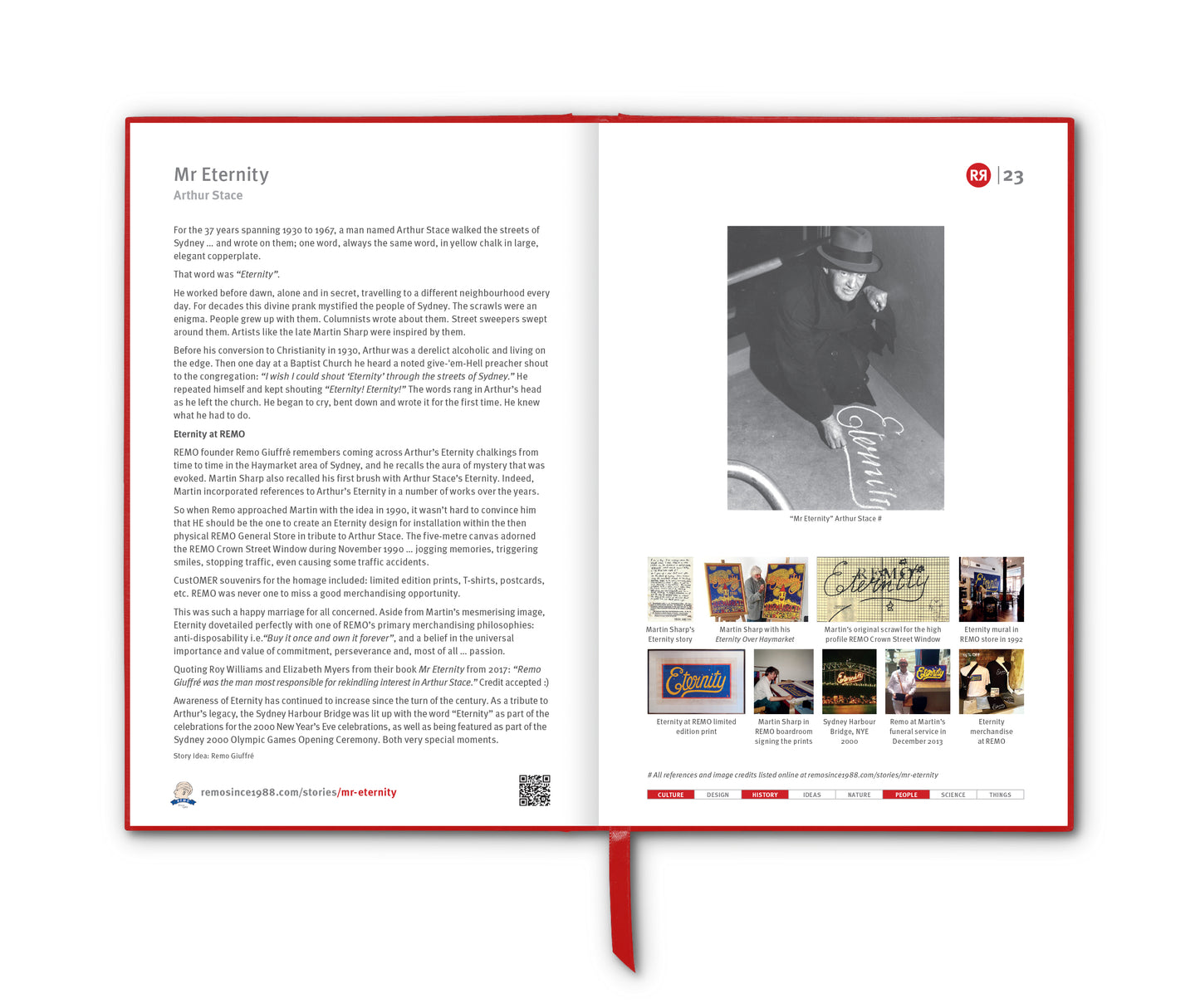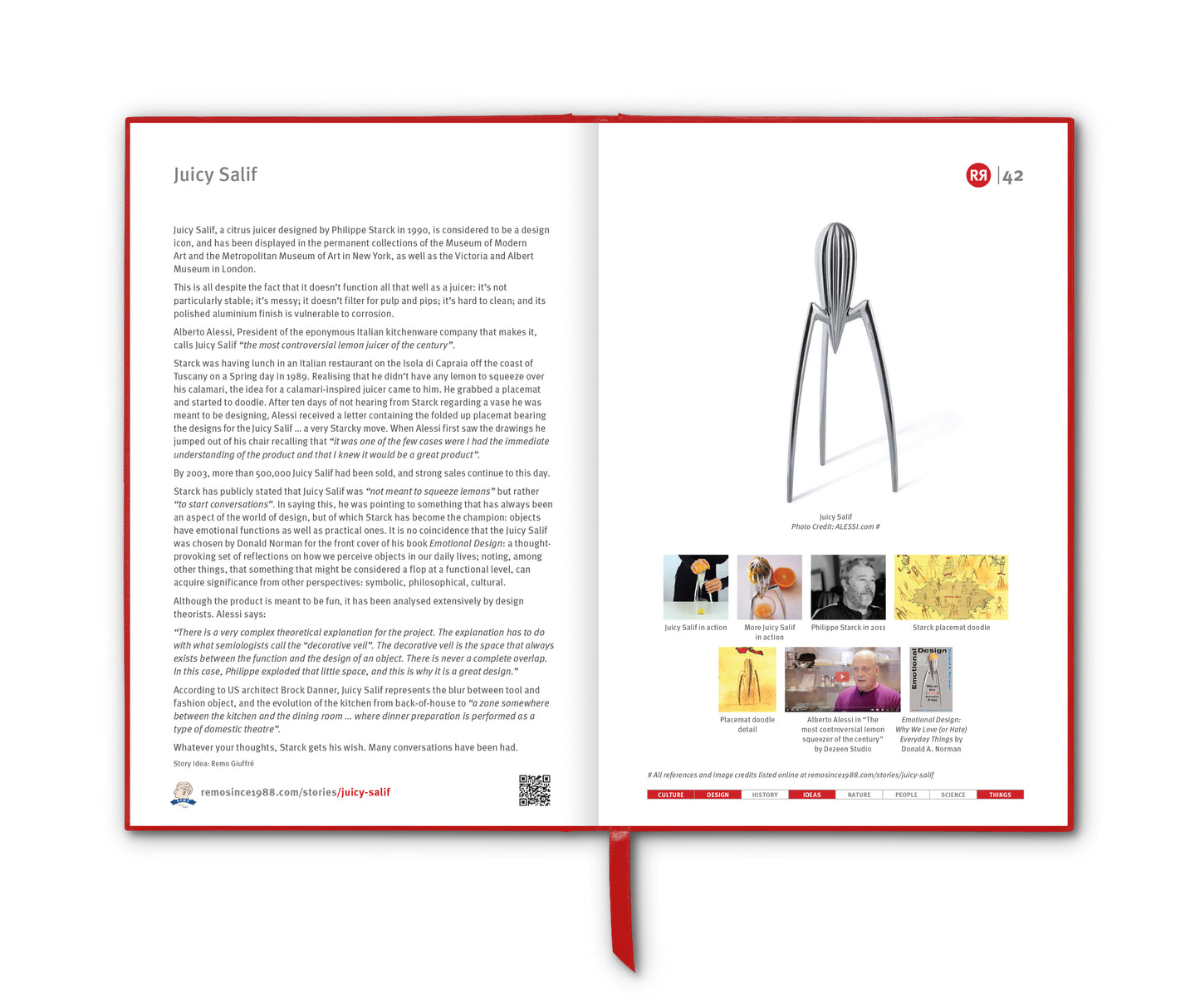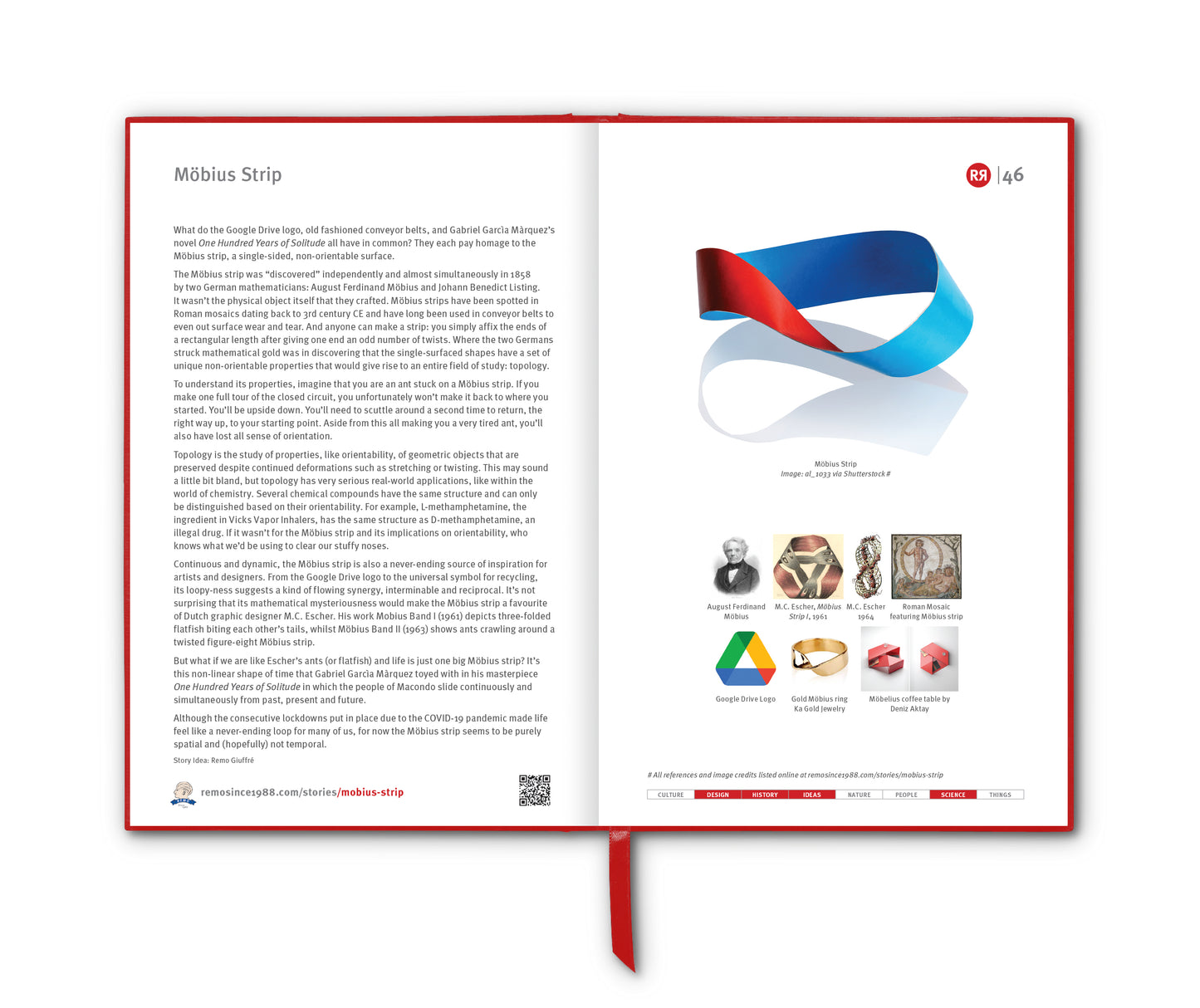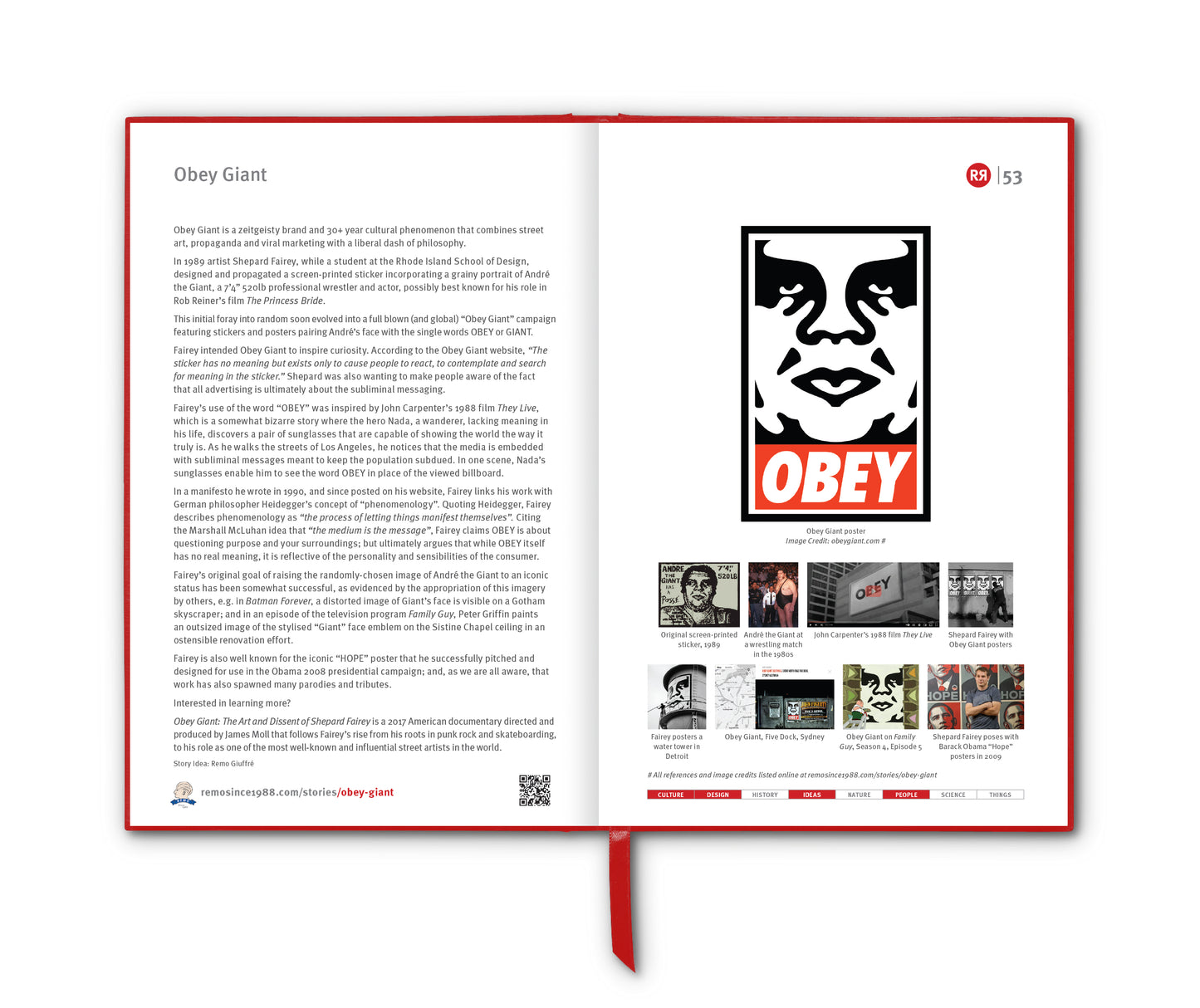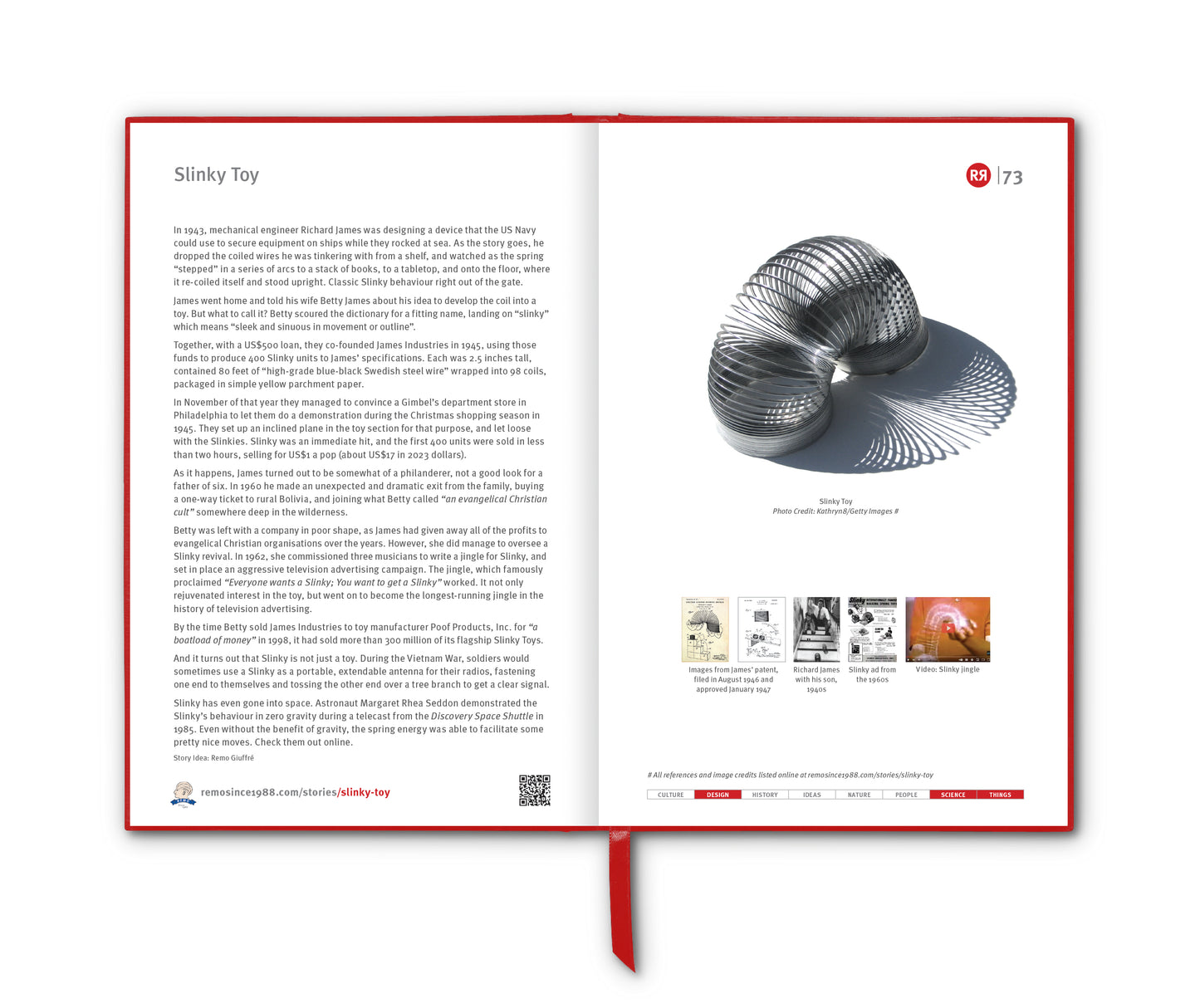The phrase “jump the shark” originated from a specific moment in an episode of the long-running American TV sitcom Happy Days (season 5, episode 3, originally broadcast on 20 September 1977) wherein the central characters visit Los Angeles, and a water-skiing Fonzie (played by Henry Winkler) answers a challenge to his bravery by wearing swim shorts and his trademark leather jacket, and jumping over a confined shark. [Ed: Are you old enough to know what we are talking about here?]
The stunt was created as a way to showcase Winkler's real-life waterskiing skills, but the scene was widely seen as a desperate act to keep the show fresh, marking the moment when Happy Days began declining in quality.
(As an aside, and without wishing to let the truth get in the way of a good story, it should nonetheless be noted that Happy Days continued to be a popular show for four or five years after the shark-jumping episode.)
The term gained traction in the late 1990s after radio personality Jon Hein popularised it on his website JumpTheShark.com, which cataloged TV shows that had peaked and were now in decline.
Comparable to “Jumping the Shark” is the phrase “Nuking the Fridge”, a reference to the film Indiana Jones and the Kingdom of the Crystal Skull (2008), where Indy (played by Harrison Ford) survives a nuclear blast by hiding inside a lead-lined refrigerator. Fans saw this as an absurd, credibility-breaking moment, similar to Fonzie's jump, and Time magazine defined the term: "to exhaust a Hollywood franchise with disappointing sequels”.
Eventually, the phrase expanded beyond film and television to describe any moment when a person, brand or trend takes a gimmicky, over-the-top turn, signalling its decline. Ultimately, "jumping the shark" is about the moment something stops being fresh and starts feeling desperate.
Away from the world of entertainment, in May 2021, CNBC news anchor Carl Quintanilla proposed that Elon Musk had jumped the shark with his advocacy of cryptocurrencies instead of focusing on Tesla, Inc., as it began to lose market share and its stock price began to plunge.
Finally, and interestingly, although not nearly as well known, “Growing the Beard" refers to the opposite of jumping the shark, i.e. when a show dramatically improves in quality. In the series Star Trek: The Next Generation the second season is considered to be better in terms of storytelling than the first season. This shift coincided with character William Riker, who was clean-shaven for the first season, growing a moustache and beard that he retained for the second season and beyond.
Can you think of a brand, product or trend that feels as though it may have jumped the shark? The Segway [RR3:72]? WeWork? NFTs? VR Headsets?
_____________________
References
wikipedia.org/wiki/Jumping_the_shark
collider.com/jump-the-shark-meaning/
wikiwand.com/en/articles/Jumping_the_shark
Images
1. Fonzie about to jump the shark in Happy Days season 5, episode 3, 1977
2. Illustration credit: collider.com
3. Video: "Fonzie Jumps the Shark", Happy Days, 1977
4. Star Trek: The Next Generation "Growing the Beard". William Riker with and without.
5. Video: "Indiana Jones – Saved By the Fridge", Movieclips, 2008
6. Homer literally jump a shark in season 13's "Gump Roast", a clip show in response to the argument that The Simpsons had worn out its welcome.
7. Dean Kamen and Jeff Bezos aboard their Segways [RR3:72]. Photo credit: Mario Toma for Getty Images






































































